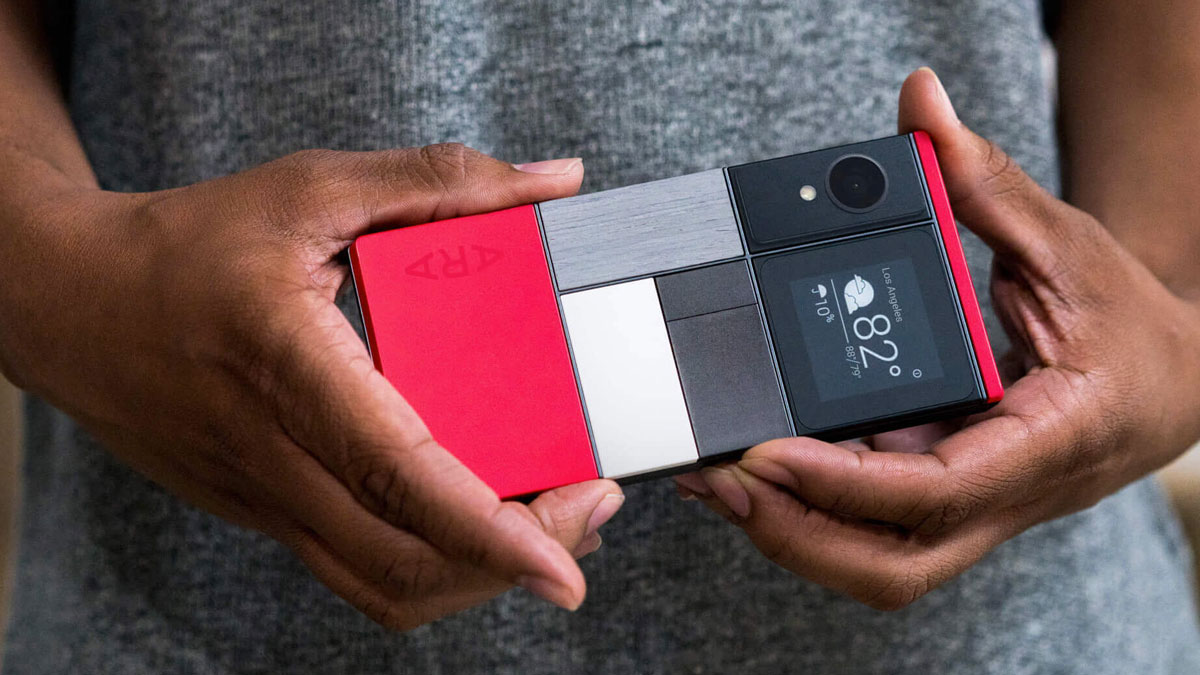Description
Maybe you’ve never heard of Google’s Project Ara. More likely, you’ve heard of it all too often. Heard of it like you’ve heard of Sasquatch. Some swear it’s real. Some of those even swear they’ve seen the myth in person. You know, that one Labor Day weekend they went with some buddies into the backwoods of the Google campus. But maybe that was just the moon that looked like a camera flash module. Or the ‘shrooms and molly.
Project Ara, Google’s attempt to release a modular Android smartphone, has been a long time in the making. Even before the company bought its development rights, this type of swap-in, swap-out device sought support from investors and individuals as inventor Dave Hakkens’ idea and prototype. That was about 3 years ago, and Hakkens called it Phonebloks–check out the OG here.
Motorola originally bit on Hakkens’ Phonebloks design, renaming it Project Ara. When Google bought Motorola a few months later, they hung on to Ara, but (seemingly) shelved it for a while. But Google culminated its Z I/O this past week with the announcement from its ATAP division that the Ara modular phone will be available to developers in Fall 2016. They hope to follow up with consumer models in 2017.
If you aren’t familiar with the modular phone concept, think of it as building a smartphone out of LEGO bricks. Each brick represents a distinct feature or function–one is the screen, another is the battery, others are the camera, data storage, speakers, etc.–and the bricks both snap together to build individually customized phones, and snap out to upgrade, replace, and modify individual parts of it. The Ara will explore how much you dig having a smartphone that molds to your precise needs, and then remolds down the line when those needs change. So you don’t have to buy a new phone every year. Or when one part of your current phone breaks.
A modular smartphone also makes repairs significantly easier–pop out the broken block, pop in the new one–as well as, we hope, reduces the number of whole phones that hit the landfills each year.
Developers interested in trapping the Ara Sasquatch this fall can follow the link below to Google ATAP’s Project Ara website, and fill out an application describing the type of module they’d like to design. Developer phones will run Android and have a 5.3″ screen.











